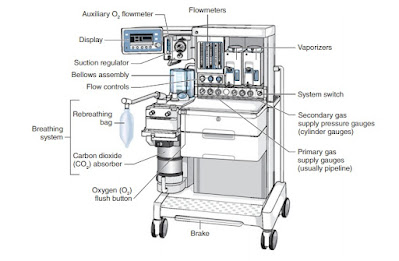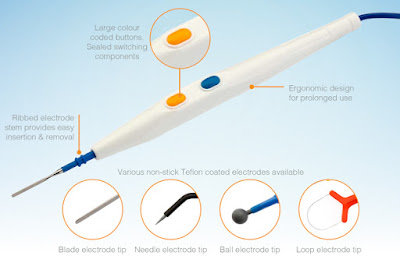Retractor Fatigue During Surgery A retractor is a surgical instrument used to hold back or separate tissues during a surgical procedure. It is typically a flat or curved blade with a handle that can be adjusted to various angles. Retractors are commonly used in various types of surgeries, such as abdominal, thoracic, and orthopedic procedures, to provide better visibility and access to the surgical site. They can also be used to hold organs or other structures in place during a procedure. Retractor fatigue during surgery refers to the physical exhaustion that can occur in surgeons when using retractors for prolonged periods of time during an operation. This can lead to decreased precision and increased risk of errors. Manual retraction, a task performed to expose the surgical site, poses a high risk for musculoskeletal disorders that affect the hands, arms, shoulders, neck, and back(1). To prevent retractor fatigue, surgeons may take frequent breaks, use ass...



